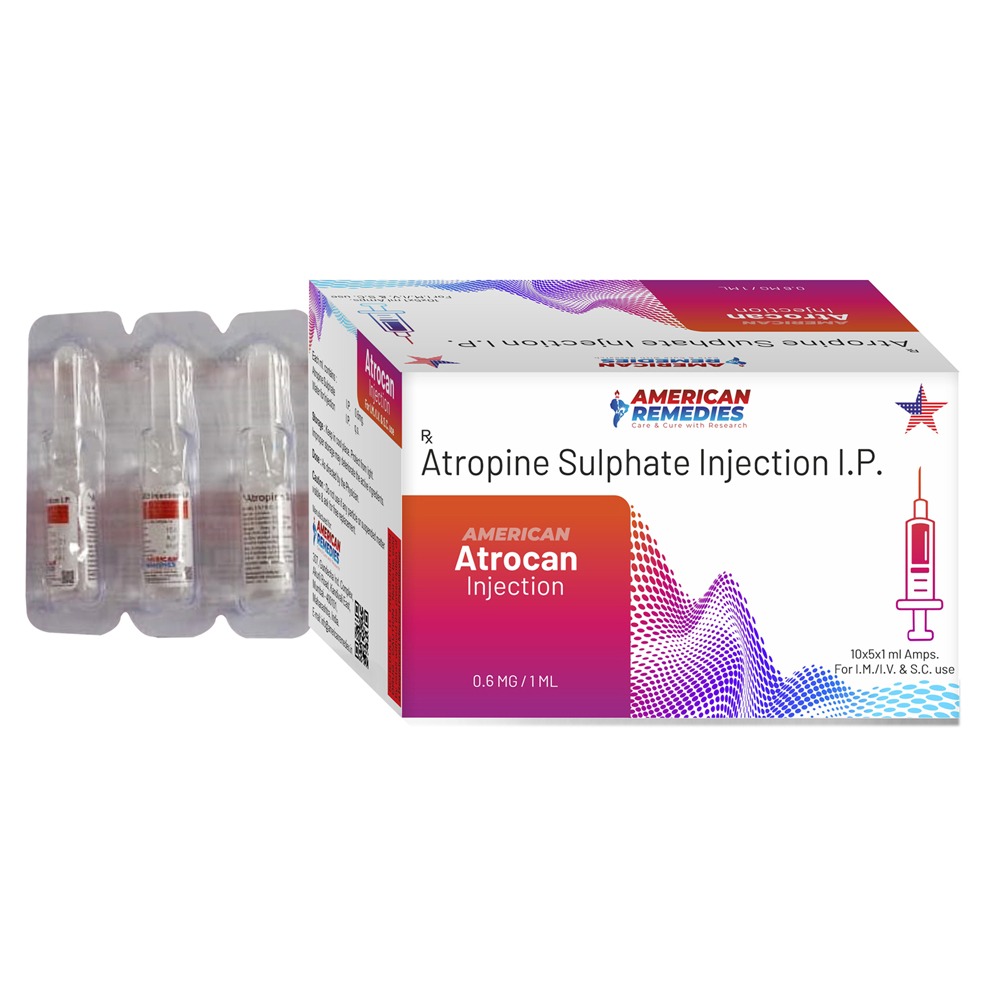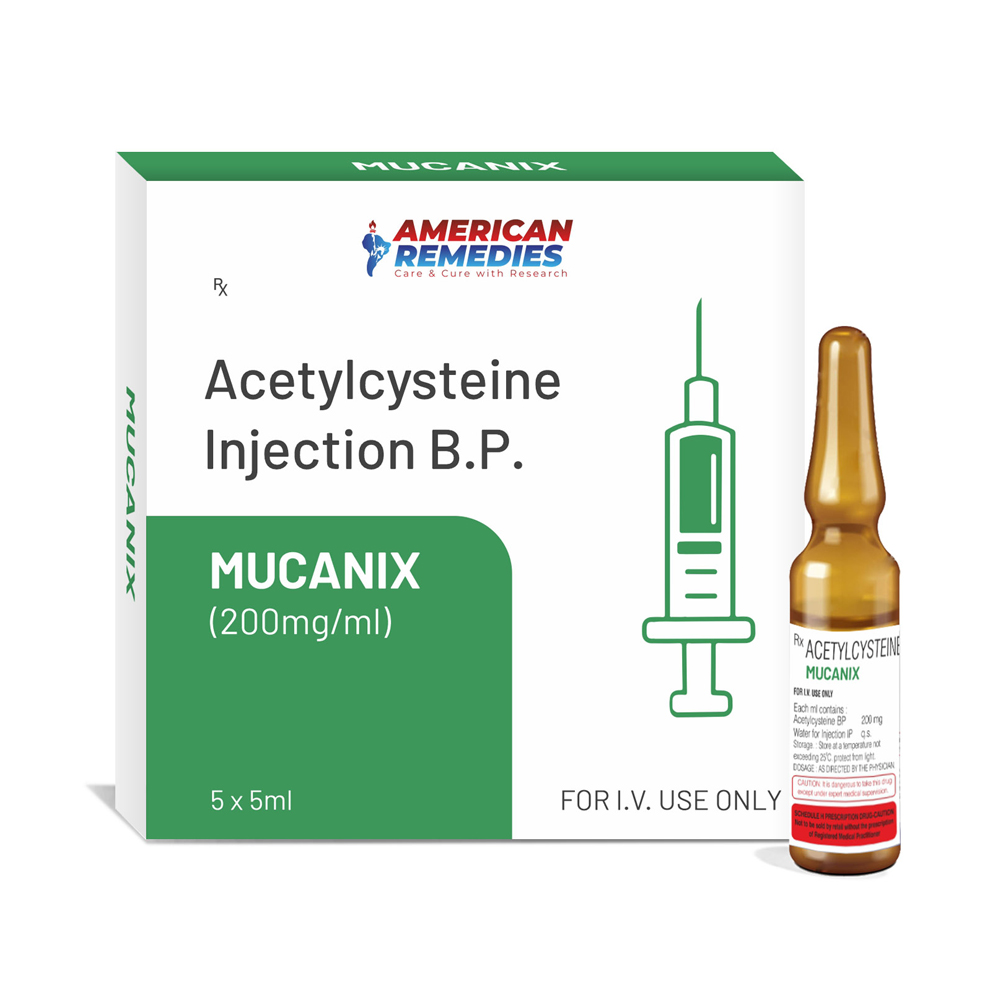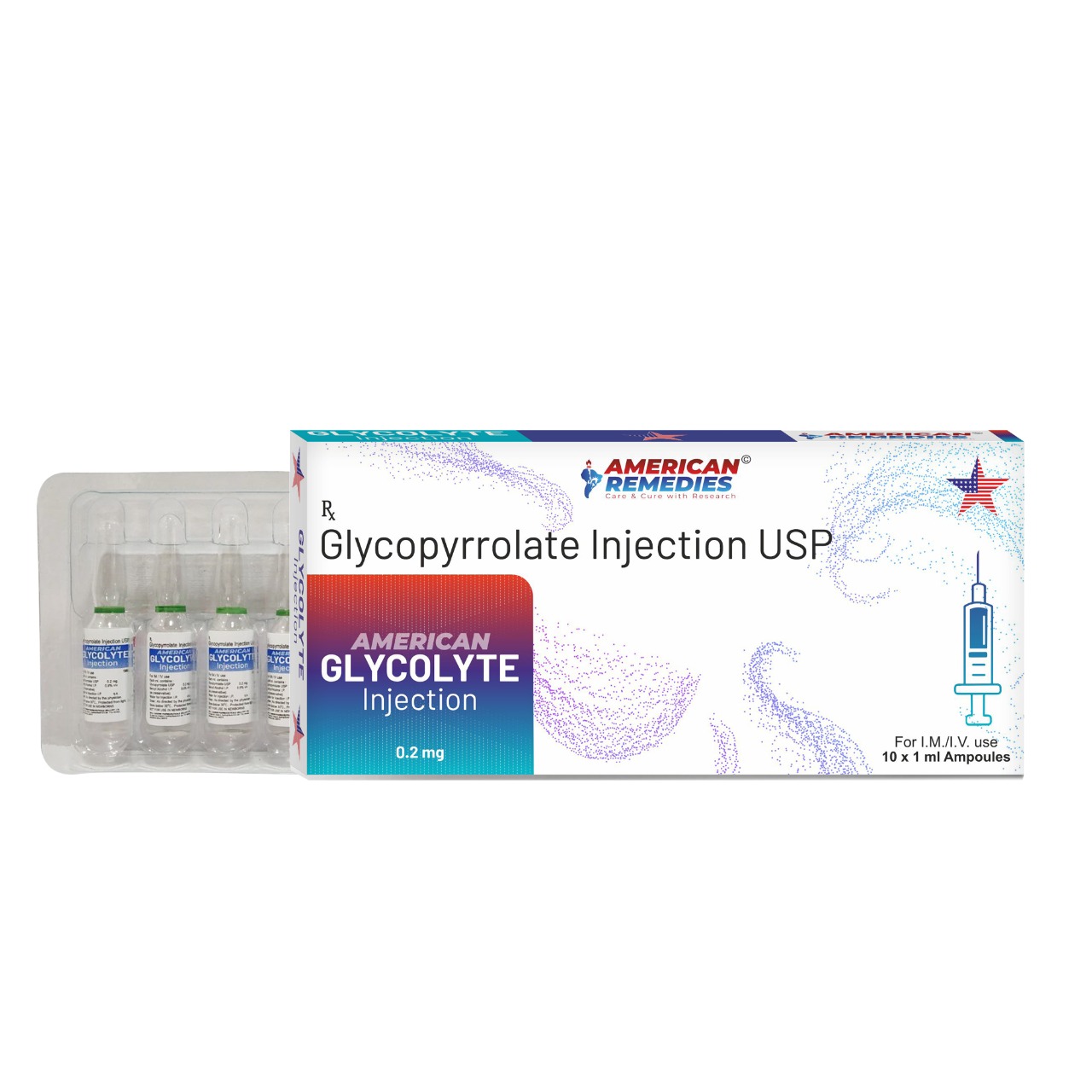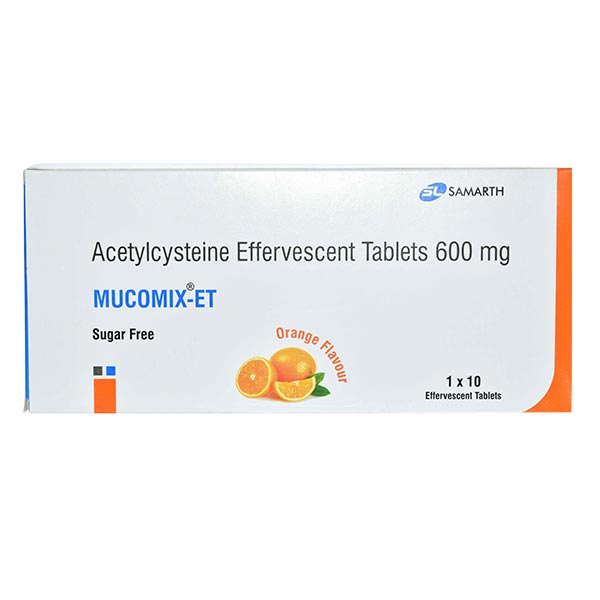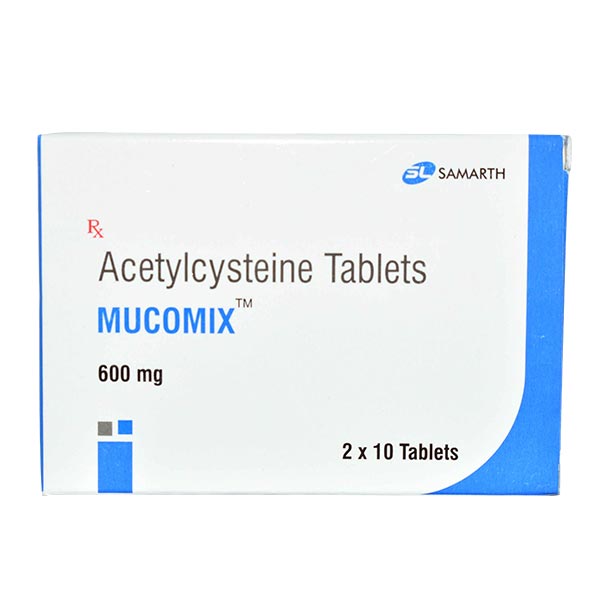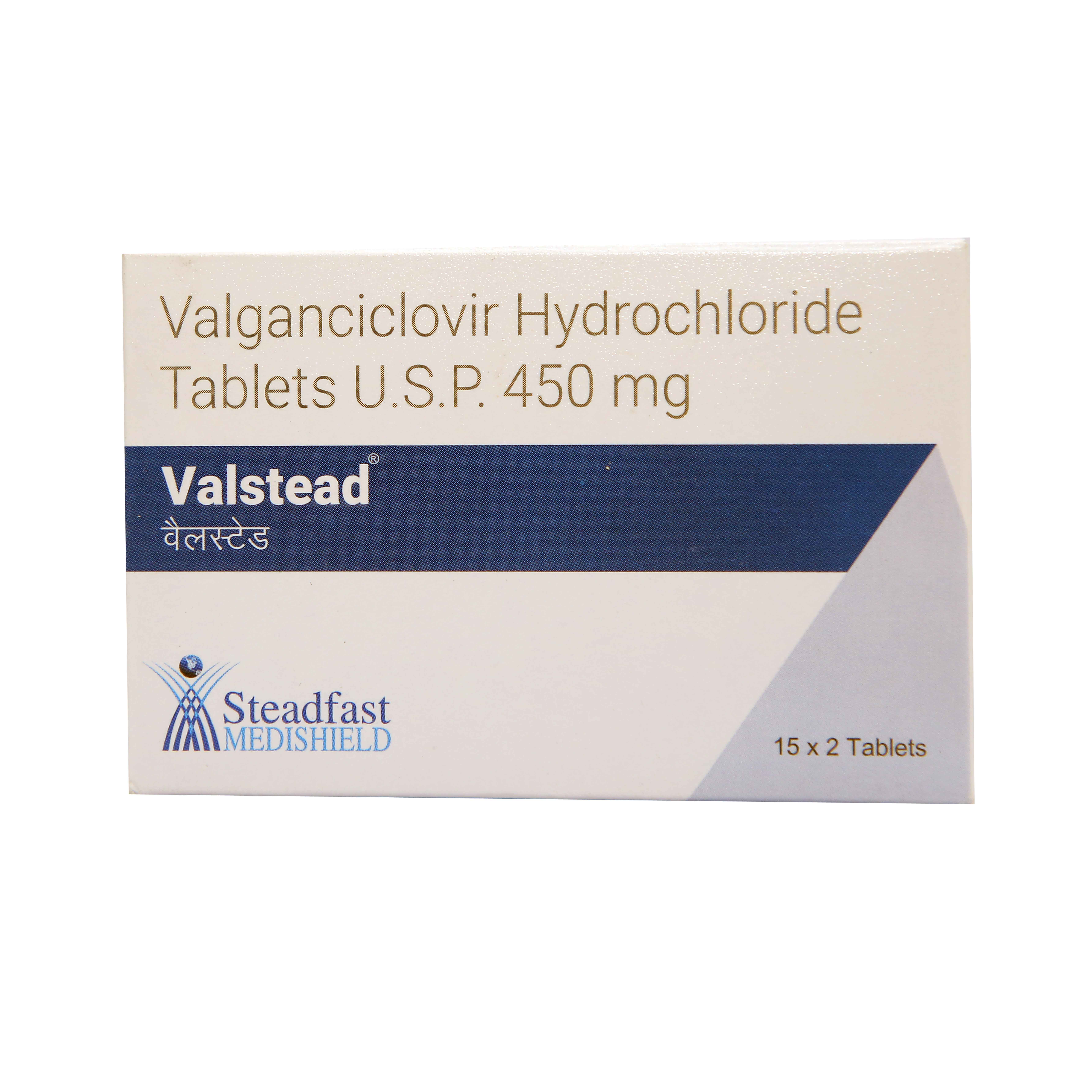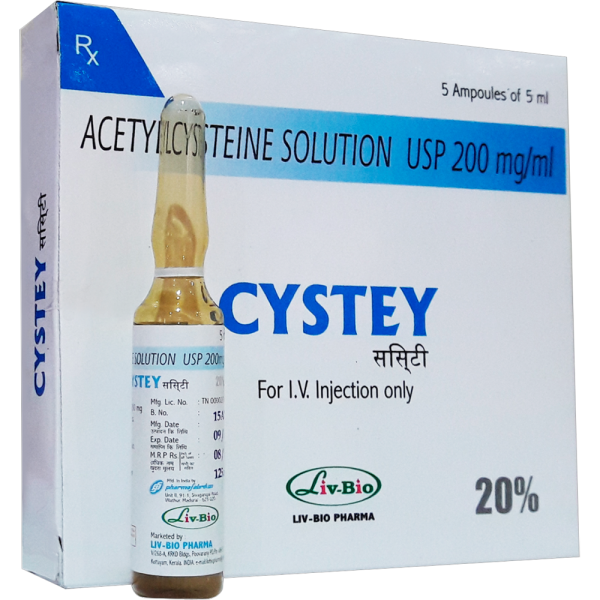Atrocan Injection is a medication containing Atropine Sulphate (0.6 mg), manufactured by American Remedies Ltd. It is primarily used in medical settings for various purposes: 🩺 Uses of Atrocan Injection 1. Treatment of Bradycardia: Atrocan is administered to manage bradycardia (slow heart rate), helping to restore normal heart rhythm during cardiac arrest situations. 2. Preoperative Medication: It is used before general anesthesia to reduce salivation and mucus secretions in the respiratory tract, facilitating smoother surgical procedures. 3. Antidote for Poisoning: Atrocan serves as an antidote for poisoning caused by organophosphate insecticides, nerve agents, or certain types of mushrooms. 4. Reversal of Muscle Relaxant Effects: In combination with other medications, Atrocan is used to reverse the effects of muscle relaxants during surgeries. 💊 Mechanism of Action Atropine, the active ingredient in Atrocan, is a muscarinic antagonist. It works by blocking the action of acetylcholine, a neurotransmitter, on muscarinic receptors. This leads to increased heart rate, reduced salivation, and decreased bronchial secretions. ⚠️ Side Effects Common side effects may include: • Dry mouth • Blurred vision • Increased heart rate • Flushing • Dizziness or confusion • Nausea or vomiting These side effects are generally mild and transient. If they persist or worsen, consult your healthcare provider. ⚠️ Precautions Before using Atrocan Injection, inform your doctor if you: • Have a history of allergies to atropine or other anticholinergic medications. • Suffer from glaucoma, urinary retention, or gastrointestinal disorders. • Are pregnant, planning to become pregnant, or breastfeeding. • Are taking other medications, including over-the-counter drugs and supplements.
Send Message